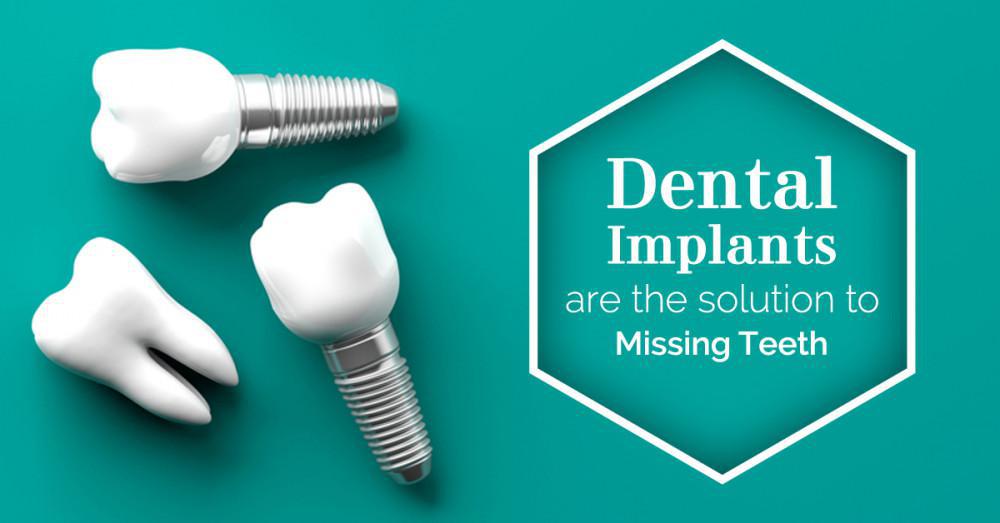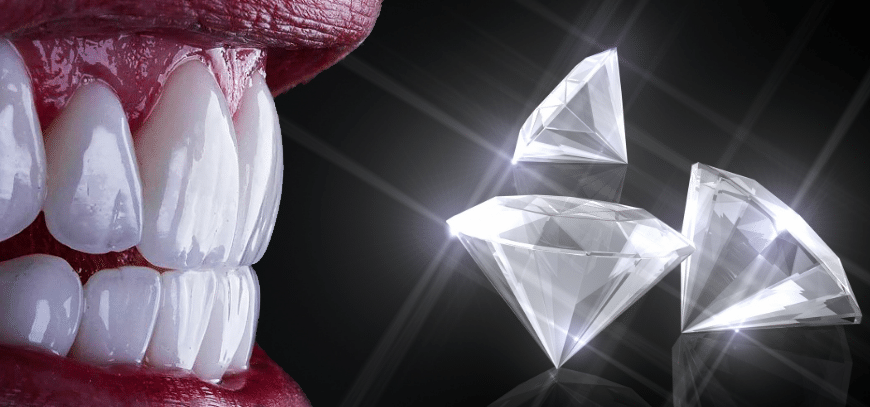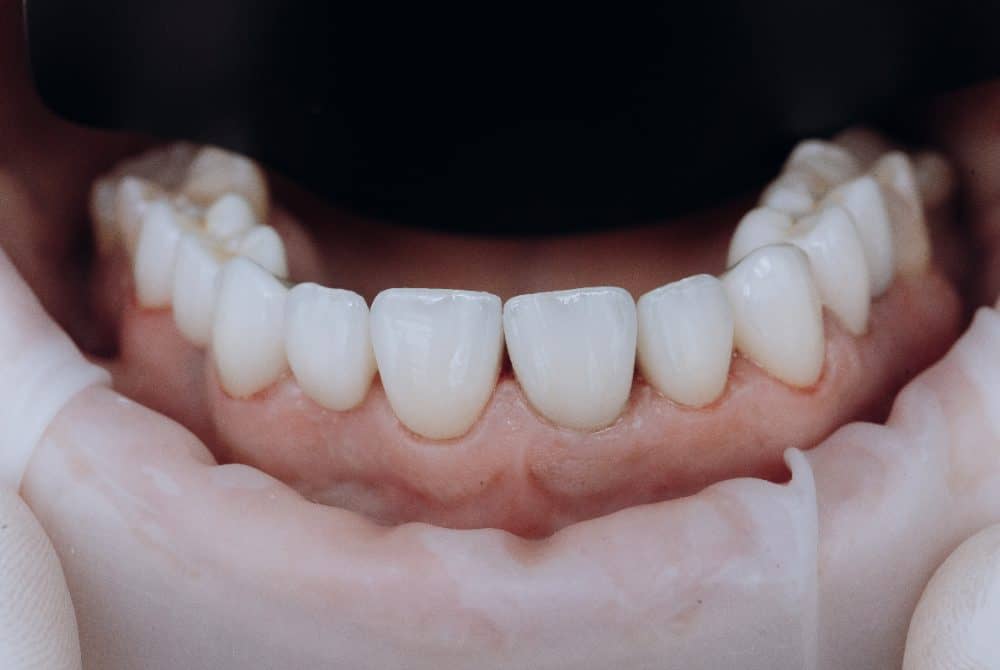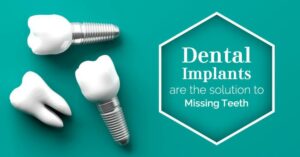
Teeth Whitening
Teeth whitening is a cosmetic procedure that uses products or treatments to remove stains, discoloration and yellowing of teeth to achieve a brighter, whiter smile
Table of Contents
More and more people are paying for brighter, whiter teeth. But does teeth whitening work and is it safe? Here are the answers to common questions about the treatment.
What is teeth whitening?
Teeth whitening involves bleaching your teeth to make them lighter. It can’t make your teeth brilliant white, but it can lighten the existing colour by several shades.
Who can do teeth whitening?
Teeth whitening is a form of dentistry and should only be carried out by a dentist or another regulated dental professional, such as a dental hygienist or dental therapist, on the prescription of a dentist.
Some beauty salons offer teeth whitening, but this is illegal if there’s no dental professional present, and it may put your oral health at risk.
You can also buy DIY home teeth whitening kits but these may also carry risks.
What happens during teeth whitening?
If you have your teeth whitened you’ll first need to make 2 to 3 visits to the dental surgery.
The dentist will take an impression of your teeth to make a mouthguard and tell you how to use it with a bleaching gel. Then, using your mouthguard at home, you regularly apply the gel for a specified period of time over a few weeks. Some whitening gels can be left on for up to 8 hours at a time, which can shorten the treatment period.
Laser whitening, also known as power whitening, is another type of teeth whitening system that a dentist can provide. A bleaching product is painted onto your teeth and then a light or laser is shone on them to activate the whitening. Laser whitening takes about an hour.
Can any dentist whiten teeth?
Any dentist can whiten teeth as long as they’re registered. Registered dental therapists and dental hygienists can also carry out teeth whitening on the prescription of a dentist.
What about home kits and beauty salons for teeth whitening?
Only go to a registered dental professional for teeth whitening because whitening by people who aren’t qualified, for example in beauty salons, is illegal.
Home kits also carry risks. Talk to your dentist first, before using a home kit.
What are the risks of home kits and salon teeth whitening?
Some home kits don’t contain enough whitening product to be effective. Also, if a dental professional isn’t doing the whitening, the mouth guard provided may not fit properly so some of the bleaching gel may leak out onto your gums and into your mouth, causing blistering and sensitivity.
Teeth whitening carried out in beauty salons by untrained staff or staff without dental qualifications puts your oral health at risk and is also illegal.
Will I pay for teeth whitening privately?
Teeth whitening by a dentist or other dental professional can generally only be done privately because it’s considered to be a cosmetic treatment. Costs vary and laser whitening is more expensive than professional bleaching. (you can talk to a medical consultant by clicking on this link)
How do I find out about getting my teeth whitened?
Your dentist will advise you whether whitening is right for you. It may be that teeth whitening isn’t suitable, for example if you have gum disease or crowns.
See our clinic


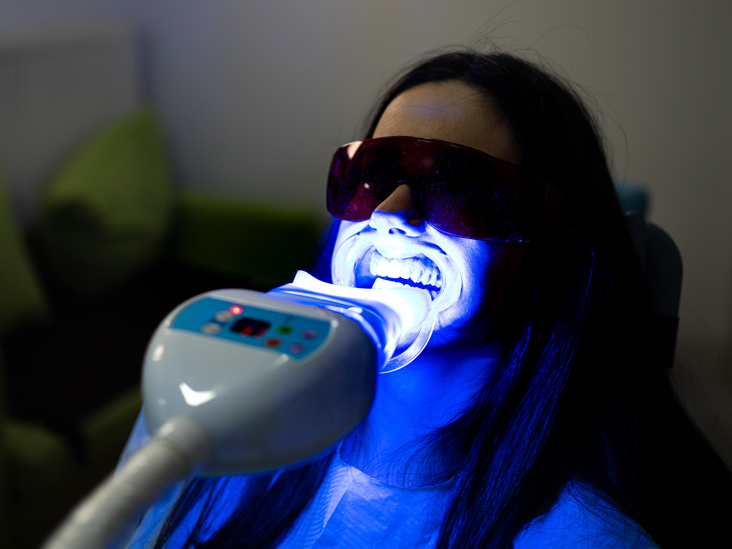

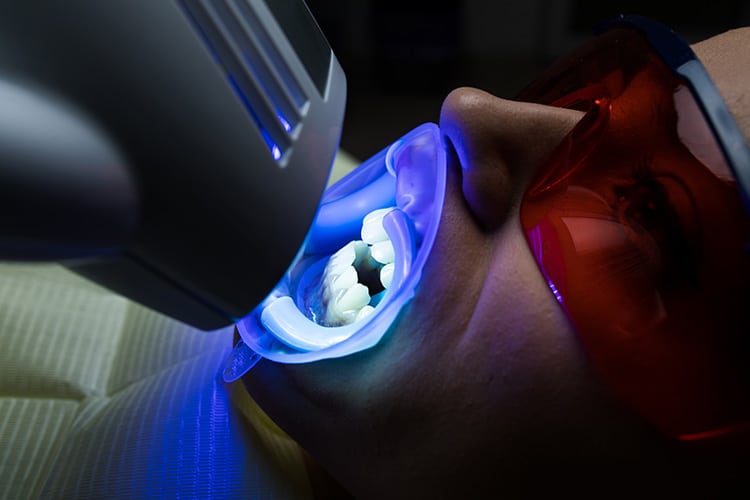

What should I ask the dentist before going ahead?
Don’t be afraid to ask simple questions about the types of whitening treatment available, what results you can expect and how long they are likely to last. (talk to a medical consultant)
You may also want to ask them whether there are any risks involved – for example, increasing the sensitivity of your teeth.
Try to talk to other people who’ve had the same treatment or visit another dentist for a second opinion until you feel confident. Always ask for a written treatment plan and price estimate before going ahead.
Is teeth whitening permanent?
Teeth whitening isn’t permanent. It can last from a few months to up to 3 years – it varies from person to person.
The whitening effect won’t last as long if you smoke or drink red wine, tea or coffee, which can all stain your teeth.
Will teeth whitening work on false teeth?
Teeth whitening doesn’t work on dentures, crowns, fillings or veneers.
What are the risks of teeth whitening?
No matter what treatment you use, there’s a chance your gums will be sensitive to the chemicals used in teeth whitening, particularly if you already have sensitive teeth. There’s also a chance of burns to gums and some of the whitening kits used at home can harm tooth enamel.
What if I’m not happy with the results?
If you are not happy with the results, speak to the dental professional who carried out your treatment to ask for advice.
Dental Implant:
A Permanent Solution for Missing Teeth Dental implants are a popular and effective solution for replacing missing teeth. They are surgically placed into your jawbone, where they fuse with your bone and provide a stable foundation for a custom-made crown. Unlike dentures or bridges, dental implants don’t rely on adjacent teeth for support and are designed to last a lifetime with proper care.
Veneers:
A Smile Makeover with Lasting Results Veneers are a popular cosmetic dental procedure that can give you a brighter, straighter, and more uniform smile. They are thin shells of porcelain or composite resin that are bonded to the front of your teeth, covering up imperfections and improving the appearance of your smile.
Zirconia Crowns:
The Strong and Natural-Looking Option Zirconia crowns are a type of dental crown that are made from a strong, durable ceramic material. Unlike traditional metal crowns, zirconia crowns are virtually invisible, making them a popular choice for restoring damaged or discolored teeth. They are also biocompatible, meaning they won’t cause any adverse reactions in your mouth.
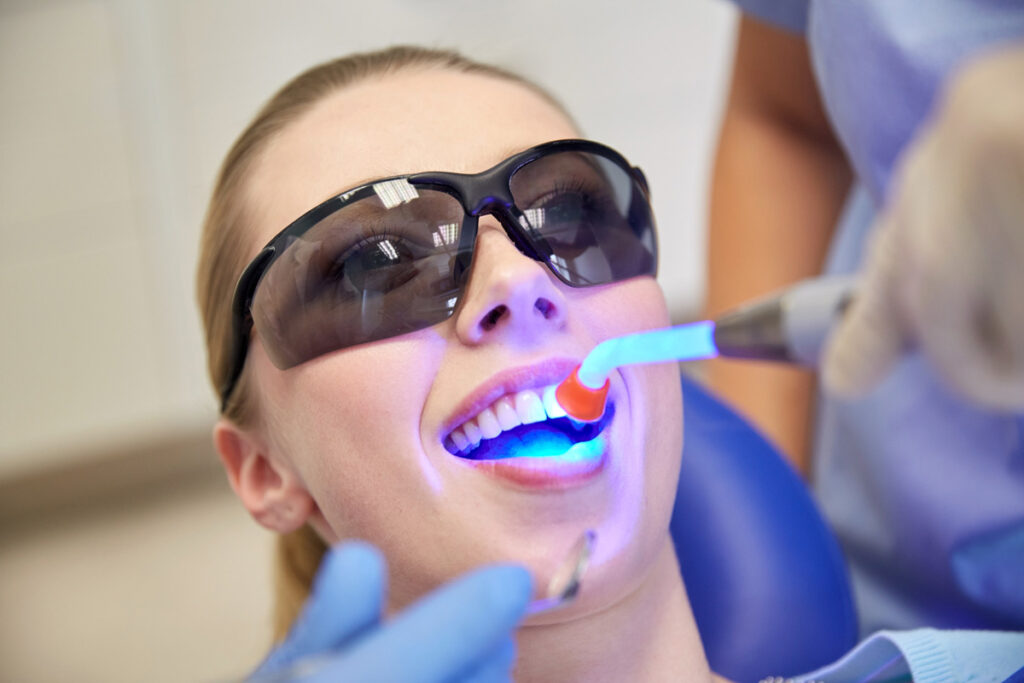
Composite Bonding:
Composite bonding is a dental treatment that involves the use of a tooth-colored composite resin to restore and improve the appearance of damaged, decayed, or discolored teeth. This material is applied directly to the tooth surface, where it is sculpted and molded to achieve a natural-looking result. Composite bonding is a minimally invasive procedure that can be completed in one visit to the dentist and is an affordable alternative to more extensive cosmetic dental treatments like veneers or crowns. It is a popular choice for those looking to enhance their smile without the need for extensive dental work.

